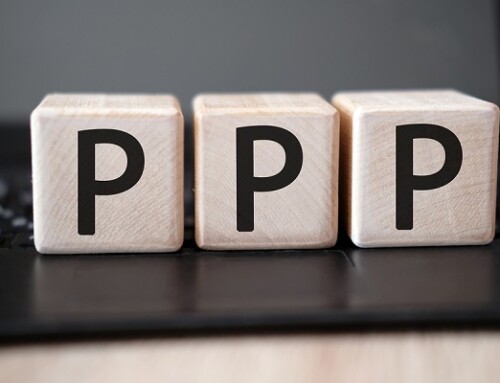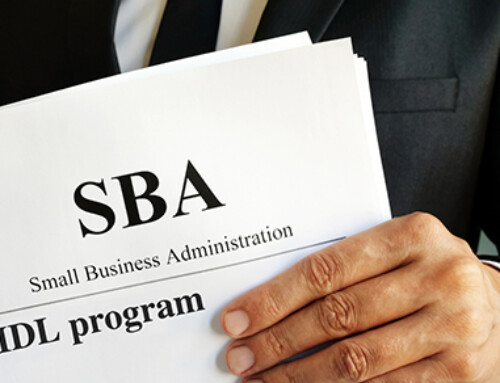If you are buying a business that will include more than one co-owner, you need a buy-sell agreement—period.
You have multiple reasons to put a buy-sell agreement in place and not one reason not to have a buy-sell agreement.
A well-drafted agreement can do these valuable things for you:
- Transform your business ownership interest into a more liquid asset
- Prevent unwanted ownership changes
- Save taxes and avoid hassles with the IRS
Buy-sell agreements come in two basic flavors:
- Cross-purchase agreements
- Redemption agreements (sometimes called liquidation agreements)
When you enter into a cross-purchase agreement, it’s a contract between you and the other co-owners. Under the agreement, a withdrawing co-owner’s ownership interest must be purchased by the remaining co-owners when a triggering event occurs, such as death or disability.
When you enter into a redemption agreement, it’s a contract between the business entity itself and its co-owners (including you). Under the agreement, a withdrawing co-owner’s ownership interest must be purchased by the entity when a triggering event occurs.
Both types of agreements have three main goals.
Goal No. 1. Ensure that there will be a willing buyer for each co-owner’s interest when a triggering event occurs.
Goal No. 2. Restrict each co-owner from unilaterally transferring his or her ownership interest to someone outside the existing group.
Goal No. 3. Ensure favorable tax results for all concerned.
Frankly, the buy-sell agreement is not a “do it yourself” project. You likely need our help, your lawyer’s help, and possibly your insurance agent’s help. We’re at your service. Don’t hesitate to call.





